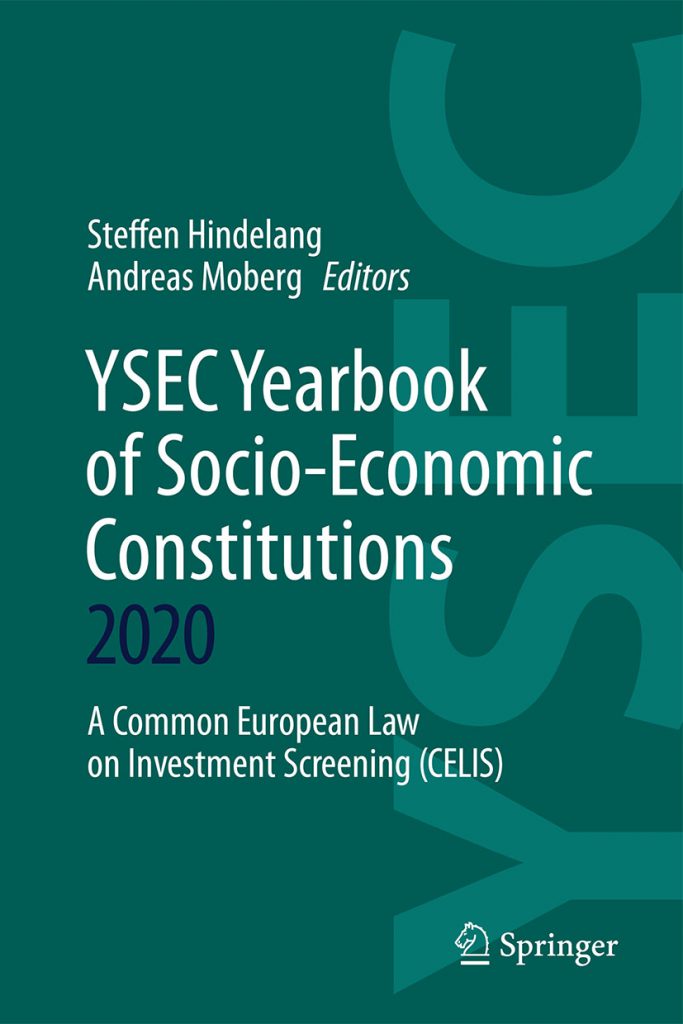Public Defence of Ph.D. Thesis of Dr Hannes Lenk at Gothenburg University
 On 20th September, Hannes Lenk successfully defended his Ph.D. thesis entitled
On 20th September, Hannes Lenk successfully defended his Ph.D. thesis entitled
“The EU investment court system. A viable reform initiative?”.
I had the pleasure of serving as “opponent” in the public defence at the School of Business, Economics and Law (Handelshögskolan), Department of Law (Juridiska institutionen) of the University of Gothenburg. The examination committee consisted of Professors Marise Cremona, Christina Eckes, and Johan Lindholm. The thesis was supervised by Professors Per Cramér, Christophe Hillion, and Andreas Moberg.
Well done, Dr Lenk! My warmest congratulations!
Abstract
This thesis studies the Investment Court System-the EU’s response to the backlash against investor-state arbitration, and its contribution to the ongoing multilateral reform initiative in UNCITRAL. It includes, on the one hand, an investigation of the EU legal framework governing the conclusion of agreements with third countries that feature the Investment Court System, and examines, on the other hand, whether this permanent and court-like structure addresses common concerns over the legitimacy of investor-state arbitration and its central actors. Part I explores the historical, economic and political context that led to the emergence of the contemporary investment treaty regime, in which investor-state arbitration became embedded as a central pillar. This part explains further that investment protection finds its roots in the imposition of Western conceptions of property and ownership on developing countries as a means to retain Western influence throughout the post-colonial era. Part III analyses the EU constitutional framework, the EU’s competence to conclude investment agreements with the Investment Court System and the compatibility of these agreements with the EU Treaties in light of recent case law of the Court of Justice. This part illustrates flaws in the Court’s reasoning in Opinion 2/15 on the EU-Singapore Free Trade Agreement, and flags remaining challenges that the Investment Court System must overcome with respect to the EU principles of autonomy and non-discrimination. Part IV discusses the institutional and procedural features of the Investment Court System in light of the often-disputed legitimacy of investor-state arbitration. This part concludes that although the EU addresses many of the deficiencies of the traditional arbitration-based model, it also introduces a range of shortcomings –not least the extensive influence of the contracting states over the process of dispute resolution. Although the Investment Court System constitutes a significant contribution to the reform of investor-state arbitration, the EU’s constitutional framework and EU internal and political developments threaten to undermine the multilateral character of the ongoing reform processes in UNCITRAL by dictating the terms on which this process ought to be carried out. Ultimately, this presents a risk that the Investment Court System provokes resistance from developing countries and other relevant actors that are effectively excluded from shaping the future of investor-state dispute settlement.





